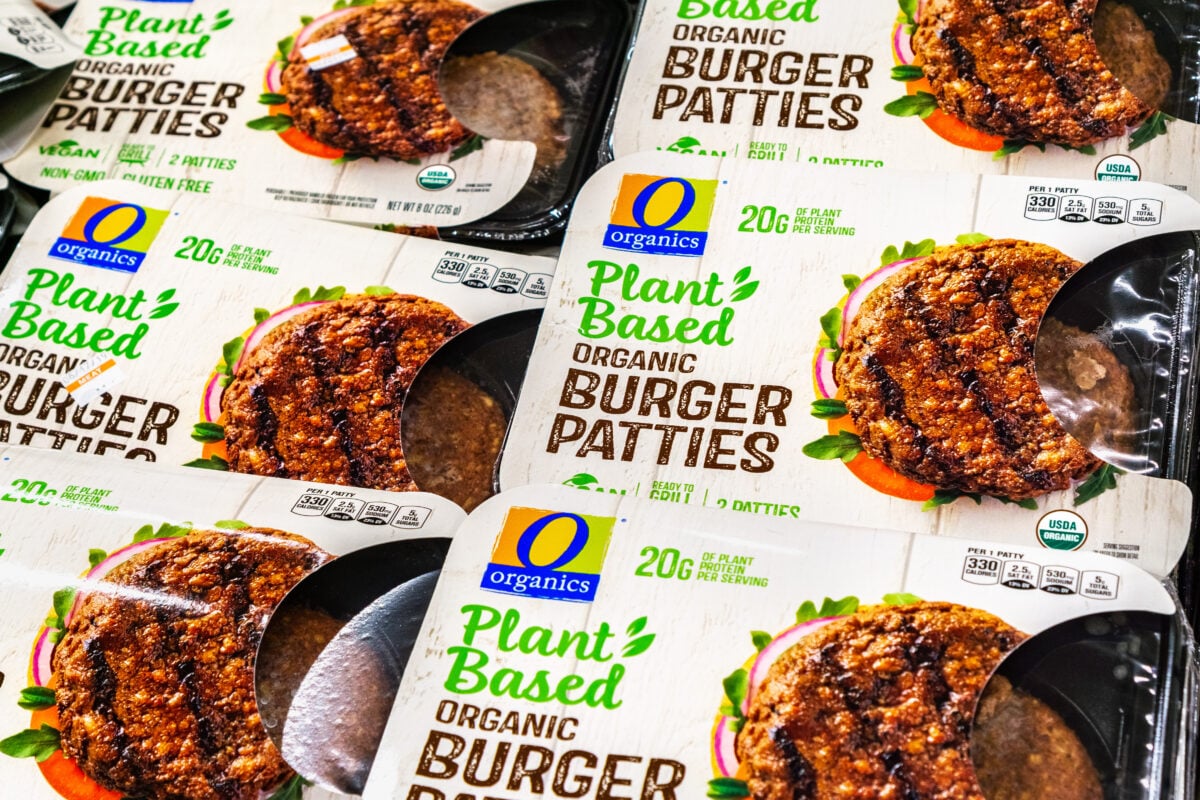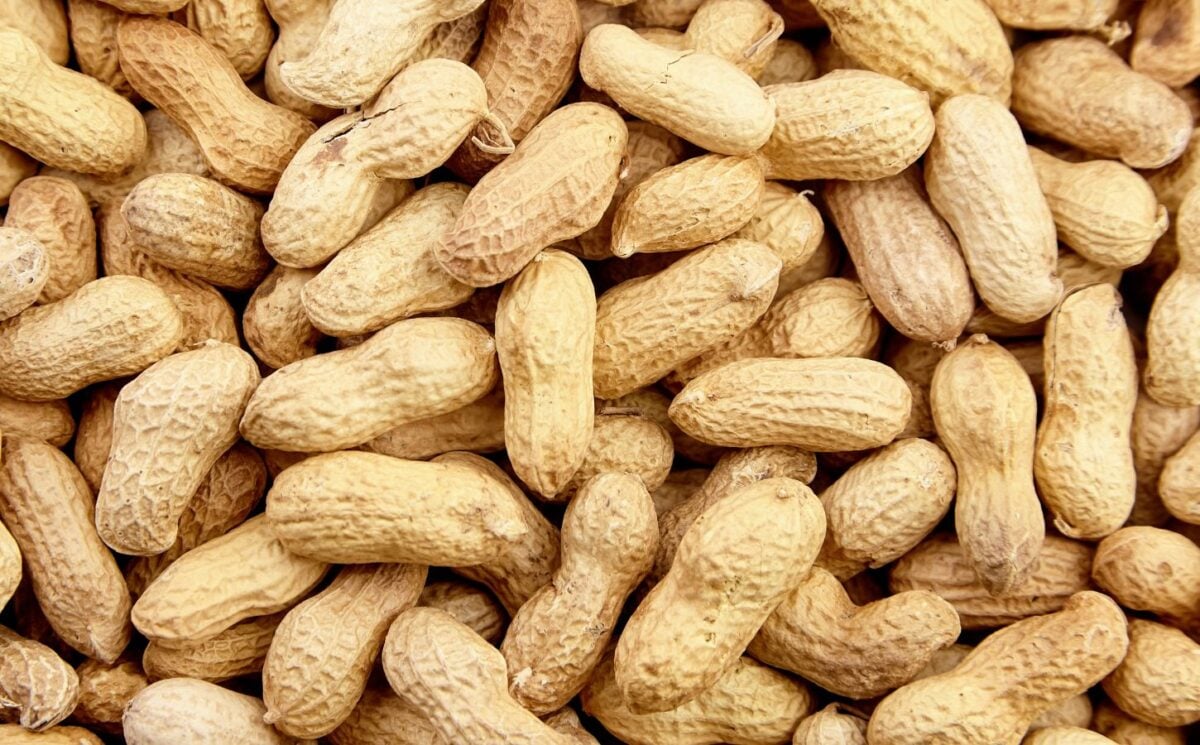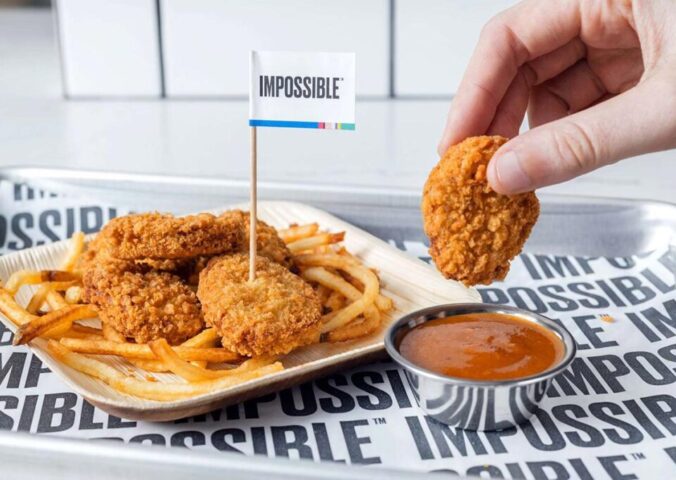Peanut shells, or hulls, are currently treated as a waste product and used to feed farmed animals or for building materials. But they could be turned into a nutritious functional food to be used in products such as plant-based meat alternatives and bread, according to a new study.
Read more: Plant-Based Meat Alternatives Healthier And Better For The Planet, Report Finds
The study, by US researchers in health and nutrition, proposes several ways that peanut hulls could provide sources of protein and fiber. Peanut hulls are also rich in polyphenols, plant-based compounds that contain antioxidants and can help boost brain function and prevent cancer.
Globally, around 46 million tons of peanuts are produced each year. Waste from the hulls accounts for almost 22 percent of that (more than 10 million tons). Peanut farmers typically send this waste to “low-value” revenue streams like animal feed, according to the study. The shells could become more profitable for farmers if they sell them for human consumption instead.
Plant-based food additives

According to the research, “nutrient-rich and natural peanut-based” emulsifiers could be made from peanut hulls. Plant-based meat and dairy alternatives – as well as foods like bread and cakes – usually use cellulose emulsifiers. These are often made from plants like soybeans and seaweed.
Read more: This Start-Up Is Making Iron In Plant-Based Meat Easier To Absorb
Peanut hulls could also boost the flavor and nutrition of plant-based meat alternatives. They are rich in “flavorful” amino acids such as arginine and leucine. These are good for building muscle and provide some of the umami flavors that people seek in meaty foods. Including “upcycled” peanut hull in plant-based proteins can enhance texture and flavor “while utilizing ingredients sourced from preferred and familiar food crops,” the study says.
The same processes used to create plant-based proteins such as pea protein can be done with peanut hulls. This means they could be turned into protein concentrates for addition to sports drinks and powders. They can make a protein and fiber-rich component of plant-based meats as well as cookies or other baked goods. The study also suggests they could replace other plant proteins used to grow cultivated meat.
Read more: Plant-Based Meat Comes Out Best For The Planet In Study Of 57,000 Food Products






